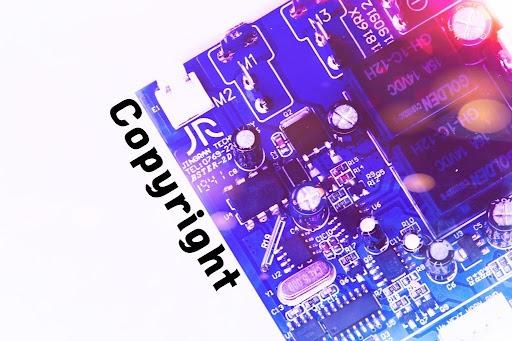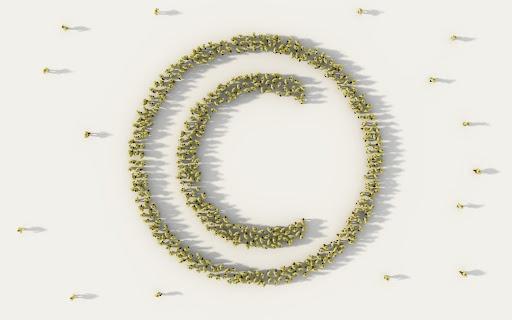When entrepreneur, tech startups, and small business begin to research and development (R&D) on a new software application, mobile startup, hardware product, new media company, or other technology-based venture, the development of certain materials fall under copyright law subject matter and are entitled to legal protection under the 1976 Copyright Act, also knows as the Copyright Law of the United States, covered in Title 17 of the United States Code.
The complexity of U.S. Copyright Law Explained
Copyright Law is very complex and often practiced exclusively by intellectual property attorneys, like the attorneys at L.A. Tech and Media Law Firm. It is a niche area of legal practice and abstract by nature, and good attorneys explain legal theories and best practices to their clients during copyright-related contracts, other legal transactions, and copyright litigation.
Requirements of Copyright Protection in the United States
Contrary to popular belief, in the United States, a copyright registration in the U.S. Copyright Office is NOT required to enjoy the benefits of copyright protection. What is required is originality and fixation. The benefits of copyright protection are listed in the Copyright Act and include the right to:
- Reproduce the work in copies or phonorecords
- Prepare derivative works based upon the work
- Distribute copies or phonorecords of the work to the public by sale or other transfer of ownership or by rental, lease, or lending
- Perform the work publicly if it is a literary, musical, dramatic, or choreographic work; a pantomime; or a motion picture or other audiovisual work
- Display the work publicly if it is a literary, musical, dramatic, or choreographic work; a pantomime; or a pictorial, graphic, or sculptural work. This right also applies to the individual images of a motion picture or other audiovisual work.
- Perform the work publicly by means of a digital audio transmission if the work is a sound recording
Copyright also provides the owner of copyright the right to authorize others to exercise these exclusive rights, subject to certain statutory limitations.
But before that, the requirements of copyright protection must be met, and those requirements are explicitly stated in the law as any work that is original, and that the work is fixed. But what do originality and fixation mean in the context of copyright law?
Facts Are Not Original for Copyright Law Purposes
One type of work that has historically been excluded from copyright protection is facts. Facts, as the law views it, are public domain. Even new facts, or original facts, whether or not the facts are fixed in a tangible medium of expression. For example, the fact that the Earth is approximately 91 Million Miles away from the Sun cannot ever be protected by copyright law. Similarly, recipes are excluded from copyright protection because courts interpret recipes as a series of factual instructions that produce a certain outcome, such as lemonade for example.
Facts are considered works that contain non-original materials, such as a set of instructions, and are statutorily exempt from protection under the 1976 Copyright Act, irrespective of the medium in which the non-copyrightable works appear. Title 17 of the United States Code, Section 102 clearly states that in no case does copyright protection for an original work of authorship extend to any idea, procedure, process, system, method of operation, concept, principle, or discovery, regardless of the form in which it is described, explained, illustrated, or embodied in such work. See also the Supreme Court case, Feist Pubs., Inc. v. Rural Tel. Svc. Co., Inc., 499 U.S. 340 (1991).
Best Los Angeles Copyright Lawyer
Entrepreneurs, startups, and technology companies looking to sort and protect copyrights in their research and development (R&D), and in other innovations in their company, are well-advised to consult with an experienced copyright attorney in Los Angeles, California, to discuss federal copyright protection strategies. An experienced copyright lawyer in Los Angeles, Beverly Hills, Santa Monica, Hollywood, or other California cities will be able to consult entrepreneurs, technology startups, and small businesses on nationwide copyright protection issues and copyright registration strategy, because Copyright Law is federal law and generally applies in all 50 states and territories of the United States and supersedes any state or local law.



